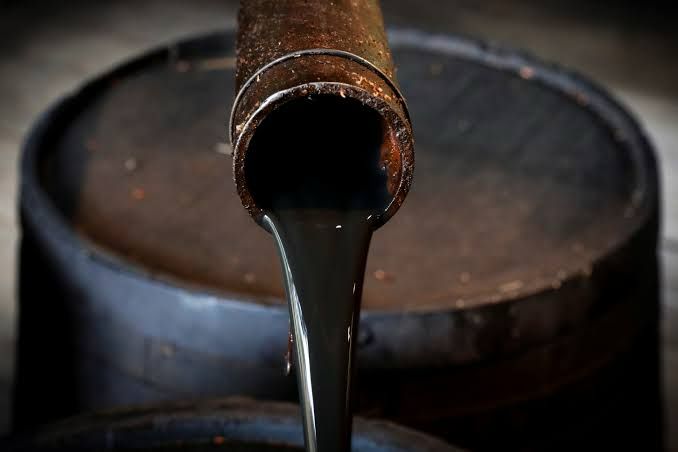The Nigerian National Petroleum Company (NNPC) Limited has stopped supplying crude oil in naira to Dangote Petroleum Refinery and other local refineries. This decision means local refineries will now have to buy crude from international suppliers, which could lead to higher fuel prices due to increased costs in dollars.
Reports indicate that the NNPC has forward-sold all its crude oil supply until 2030, despite increased production levels. The naira-for-crude deal, which started on October 1, 2024, was meant to support local refineries by allowing them to purchase crude oil in naira instead of foreign currency. However, this plan has now been abandoned.
Despite efforts to boost domestic refining, Nigeria has spent over $4.3 billion importing 6.38 billion liters of petrol and diesel in just five months. Meanwhile, the NNPC continues to import petroleum products following the recent deregulation of the downstream sector.
A source revealed that the decision to end the naira-for-crude deal comes at a time when Nigerians were expecting further reductions in fuel prices. Market analysts warn that this move could affect the foreign exchange (FX) market and weaken recent economic gains.
Challenges with the Naira-for-Crude Deal
The federal government initially approved the allocation of 450,000 barrels of crude per day to local refineries, with Dangote Refinery as the pilot project. Under this agreement, NNPC was supposed to supply at least 385,000 barrels per day to the refinery in Lekki. However, Dangote officials had repeatedly complained that NNPC was not meeting this commitment.
In November 2024, Dangote Industries Vice-President, Edwin Devakumar, stated that the refinery needed 650,000 barrels per day, but NNPC was not even delivering the agreed minimum of 385,000 barrels per day.
While Dangote Refinery has not officially commented on the latest development, an insider said the company is reviewing its options before deciding on the next steps.
The decision to stop the naira-based crude supply could have significant effects on fuel prices, refinery operations, and Nigeria’s economic stability.
